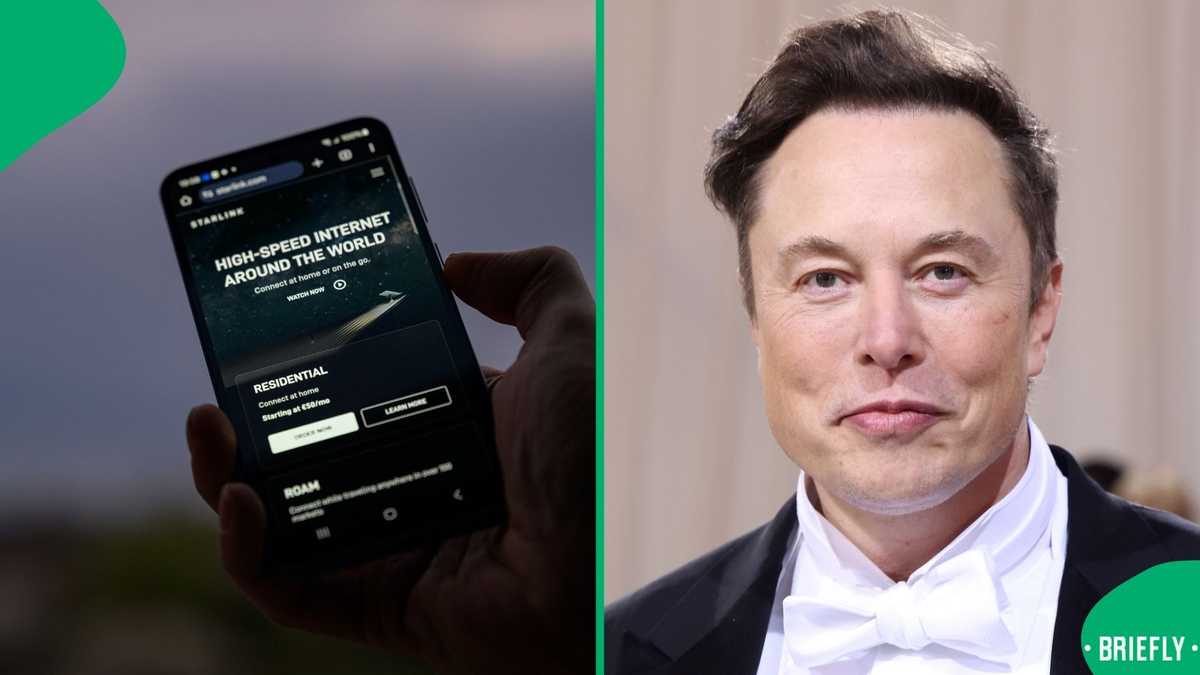Could We Live Forever? Ray Kurzweil's Bold Prediction of Human Immortality by 2030
2025-05-24

The Times of India
Futurist Ray Kurzweil, known for his groundbreaking predictions about technology, is making waves again with his latest claim: humans could achieve biological immortality by 2030. But how could this seemingly impossible feat be achieved? Kurzweil points to advancements in nanotechnology, regenerative medicine, and artificial intelligence as key drivers. This article explores Kurzweil's vision, the technologies underpinning it, and the potential – and challenges – of a future where death is no longer inevitable.
The Kurzweil Prediction: A Timeline to Immortality
Kurzweil isn't suggesting we'll become invincible overnight. His prediction hinges on a gradual process of extending human lifespan and healthspan—the period of life spent in good health. He believes that by 2030, we'll witness significant breakthroughs that drastically slow down the aging process, potentially allowing individuals to live for centuries. This isn't about preventing death entirely, but about pushing it far into the future, giving us the opportunity to experience vastly more of life.
The Technological Pillars of Immortality
So, what technologies are fueling this audacious prediction? Kurzweil highlights three primary areas:
- Nanotechnology: Imagine tiny robots, smaller than cells, circulating within our bodies, repairing damage at a molecular level. Nanobots could identify and eliminate cancerous cells, repair damaged tissues, and even reverse the effects of aging. While still in its early stages, nanotechnology is rapidly advancing.
- Regenerative Medicine: This field focuses on repairing or replacing damaged tissues and organs. Advances in stem cell research and 3D bioprinting hold immense promise for growing new organs and tissues, eliminating the need for organ donors and potentially reversing age-related decline.
- Artificial Intelligence (AI): AI will play a crucial role in analyzing vast amounts of biological data, identifying patterns, and developing personalized treatments. AI-powered diagnostics will enable early detection of diseases, and AI-driven drug discovery will accelerate the development of new therapies.
The Roadmap to Longevity: Step-by-Step Progress
Kurzweil envisions a phased approach to achieving this goal. Early stages will focus on extending healthspan by addressing age-related diseases like Alzheimer's and heart disease. As technology advances, we'll move towards repairing cellular damage and eventually, replacing aging organs with lab-grown alternatives. A key element is 'cellular senescence' – the process where cells stop dividing and contribute to aging. Targeting and eliminating these senescent cells is a major area of research.
Challenges and Ethical Considerations
While the prospect of human immortality is exciting, it's not without its challenges. The cost of these advanced technologies will likely be prohibitive for many, potentially exacerbating existing inequalities. Furthermore, there are ethical concerns surrounding overpopulation, resource depletion, and the societal impact of a dramatically extended lifespan. The philosophical implications of living for centuries also need careful consideration.
Beyond 2030: A Future Transformed
Even if Kurzweil's 2030 prediction proves overly optimistic, the advancements he envisions are already underway. The pursuit of longevity is driving innovation across multiple scientific fields, leading to breakthroughs that will undoubtedly improve human health and extend lifespans, even if immortality remains a distant dream. The future of aging is being rewritten, and the possibilities are truly transformative.






